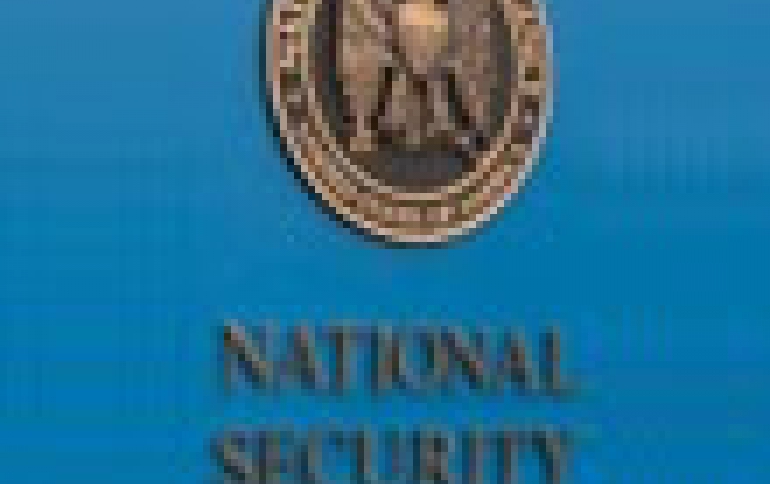
Privacy Board Says NSA Internet Spying Is Worrying
A U.S. federal privacy watchdog reviewed that U.S. National Security Agency (NSA)'s data collection program and concluded that although it effectively secures the country, it raises privacy concerns. The Privacy and Civil Liberties Oversight Board (PCLOB) decided to review the two classified National Security Agency (NSA) collection programs were first based on unauthorized disclosures of classified documents by Edward Snowden, a contractor for the NSA.
Under one program, implemented under Section 215 of the USA PATRIOT Act, the NSA collects domestic telephone metadata (i.e.,
call records) in bulk. Under the other program, implemented under Section 702 of the Foreign Intelligence Surveillance Act (FISA), the U.S. government collects the contents of electronic communications, including telephone calls and emails, where the target is reasonably believed to be a non-U.S. person located outside the United States.
PCLOB released a report on the Section 215 telephone records program and the operation of the FISA court on January 23, 2014. It concluded that NSA's bulk collection of phone records provides only minimal benefits to countering terrorism, is illegal and should end.
Refarding the second program, PCLOB has found that the information the program collects "has been valuable and effective in protecting the nation’s security and producing useful foreign intelligence."
It said opperation of the Section 702 program had been subject to judicial oversight and extensive internal supervision, and the found no evidence of intentional abuse.
The board has found that certain aspects of the program’s implementation raise privacy concerns. These include the scope of the incidental collection of U.S. persons’ communications and the use of queries to search the information collected under the program for the communications of specific U.S. persons.
The board, set up in 2004, is an independent government agency within the executive branch that advises the U.S. president and Congress on how to ensure that counter-terrorism operations also protect Americans' privacy.
The five-member board also offered several recommendations so that the program could strike a better balance between privacy, civil rights, and national security.





















